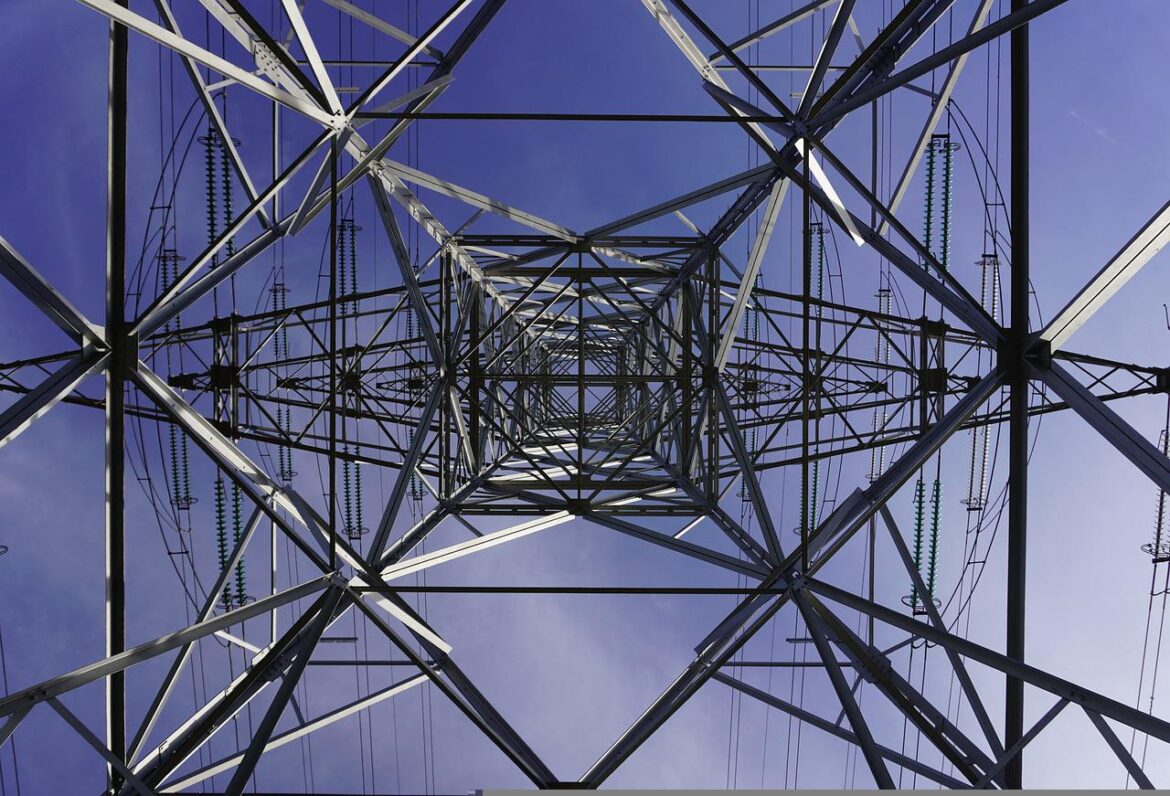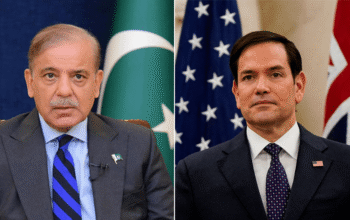By Staff Reporter
ISLAMABAD: Pakistan has clinched a Rs1.275 trillion ($4.6 billion) Islamic finance facility from 18 commercial banks to confront its power sector’s ballooning debt, a pivotal step to shore up the economy and align with its $7 billion International Monetary Fund program, Power Minister Awais Leghari said Friday.
The government, a dominant player in the nation’s power infrastructure, has struggled with circular debt, unpaid bills, and subsidies that have stifled the sector and strained public finances. This cash squeeze has disrupted electricity supply, deterred investment, and intensified fiscal pressures, making it a linchpin of the IMF-backed reform agenda.
Leghari, speaking to Reuters, underscored the difficulty of the task. “Finding funds to plug the gap has been a persistent challenge, with limited fiscal space and high-cost legacy debt making resolution efforts more difficult. Eighteen commercial banks will provide these loans through Islamic financing,” he said. The facility targets liabilities held by the Power Holding Company Limited (PHL) and power producers, aiming to ease a burden estimated at Rs2.4 trillion.
The financing, structured under Sharia-compliant principles, is secured at a concessional rate of three-month KIBOR minus 0.9 percent—a formula endorsed by the IMF. This marks a sharp discount from existing liabilities, which carry late payment surcharges on Independent Power Producers (IPPs) of up to KIBOR plus 4.5 percent and older loans hovering slightly above benchmark rates. “It will be repaid in 24 quarterly instalments over six years,” Leghari added.
Meezan Bank, HBL, National Bank of Pakistan, and UBL are among the banks stepping up for the deal, which includes Rs683 billion in fresh loans at interest rates of 10.5% to 11%, tied to KIBOR minus 0.90 basis points. An additional Rs569 billion will clear interest-bearing arrears to power producers. Repayment, capped at Rs1.938 trillion over six years, hinges on an existing Rs3.23-per-unit Debt Service Surcharge levied on electricity consumers, ensuring no additional strain on the treasury, local newspaper Business Recorder reported last week following the Federal Cabinet’s approval.
The government expects to allocate Rs323 billion annually to service the loan, a structure Leghari said “will not add to the public debt.” During negotiations, banks reportedly pushed for a State Bank of Pakistan guarantee, but an official dismissed claims of coercion, noting the government simply highlighted the stakes involved.
The agreement fulfills a government pledge to the IMF to borrow Rs1.252 trillion to stabilize the power sector, a persistent drag on Pakistan’s economy. The deal’s IMF endorsement underscores its role in broader efforts to shore up fiscal health, alongside recent moves like an Asian Development Bank deal and a bond auction.
The facility also advances Pakistan’s goal of phasing out interest-based banking by 2028, with Islamic finance now accounting for roughly a quarter of total banking assets. By leaning on Sharia-compliant structures, the government aims to align economic policy with long-term ideological commitments while addressing immediate fiscal pressures.
Copyright © 2021 Independent Pakistan | All rights reserved




